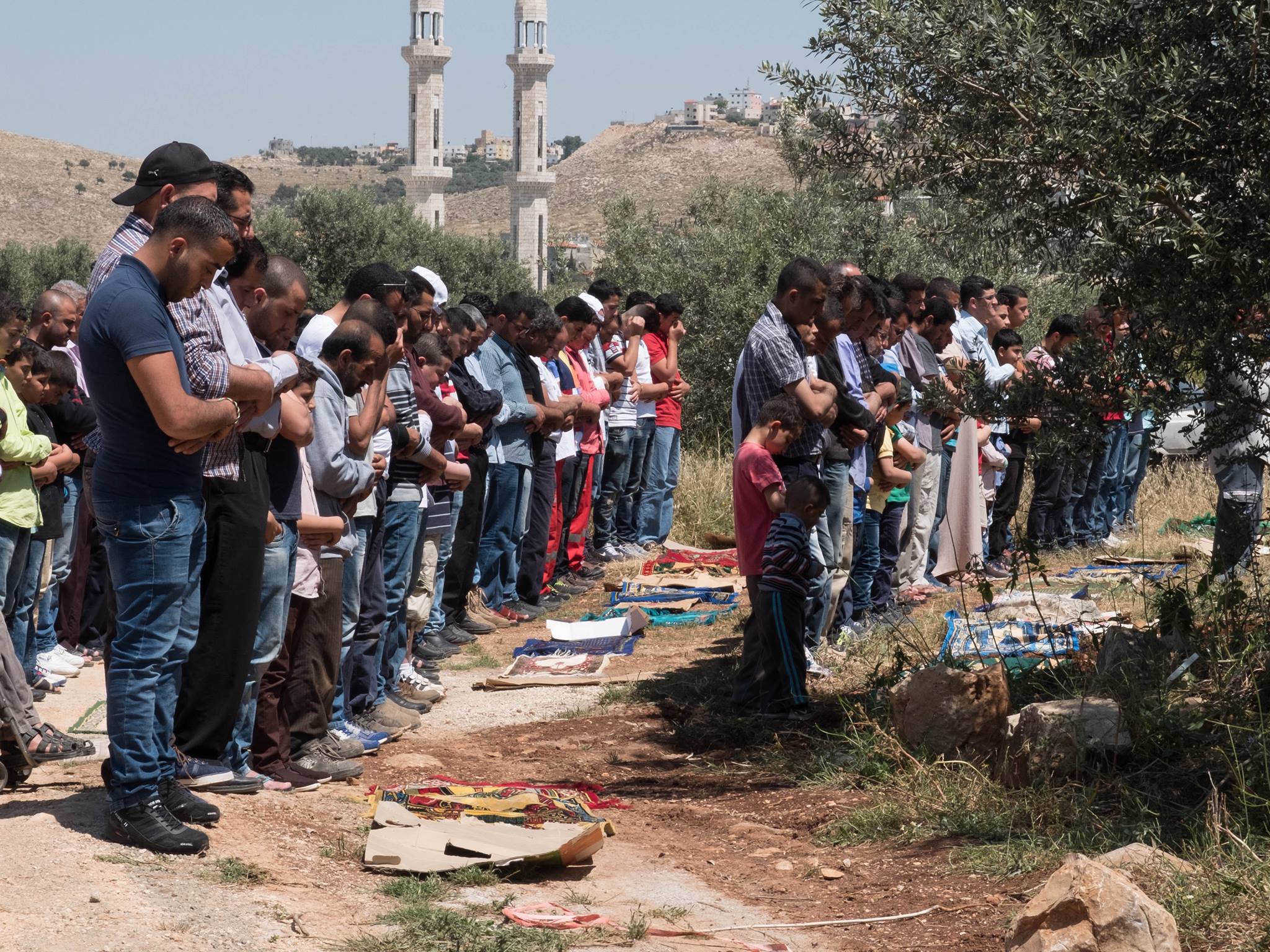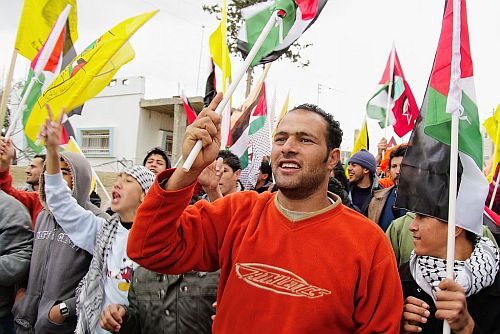Tag: International law
-
Non violent protest in Ni’lin once again met with violence
15th April 2016 | International Solidarity Movement, al-Khalil team | Ni’lin, occupied Palestine On Friday, the 15th of April 2016 – and as part of a West-Bank wide protest for Prisoner’s Day – the villagers of Ni’lin held their weekly non-violent demonstration. They were protesting against Israeli apartheid politics, the theft of the villagers land…
-
Bi’lin Protest on the anniversary of the death of Bassam Abu Rahma
17th April 2016 | International Solidarity Movement, al-Khalil team | Bi’lin, occupied Palestine This Friday 15th April, the village of Bi’lin held their long-running protest against the illegal Israeli occupation and Apartheid wall. However, the protest on this day was tinged with further sadness, falling as it did on the seven-year anniversary of the death…



